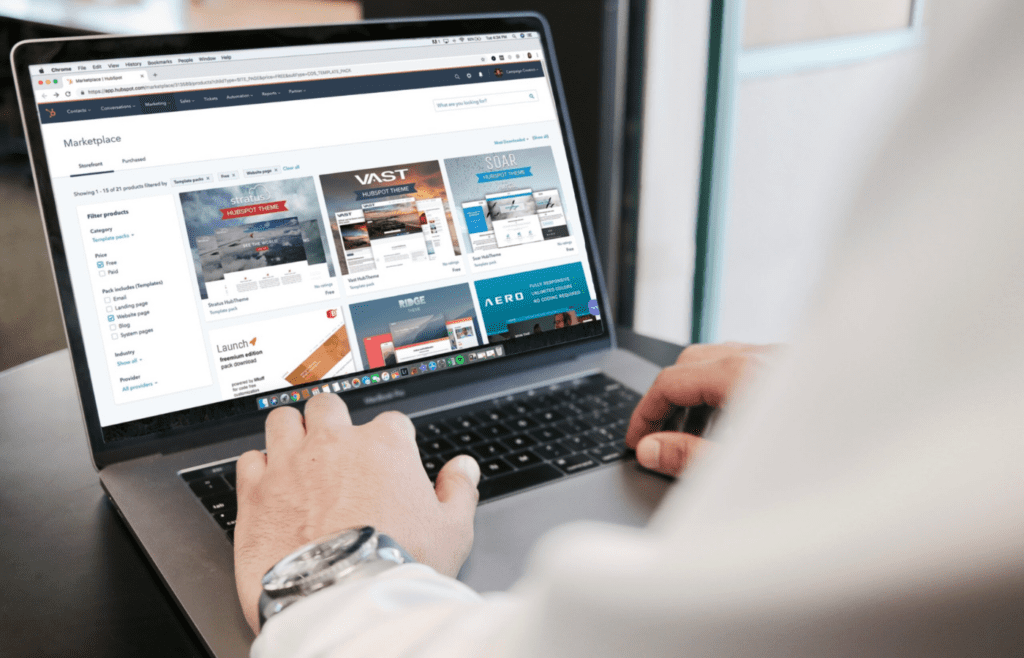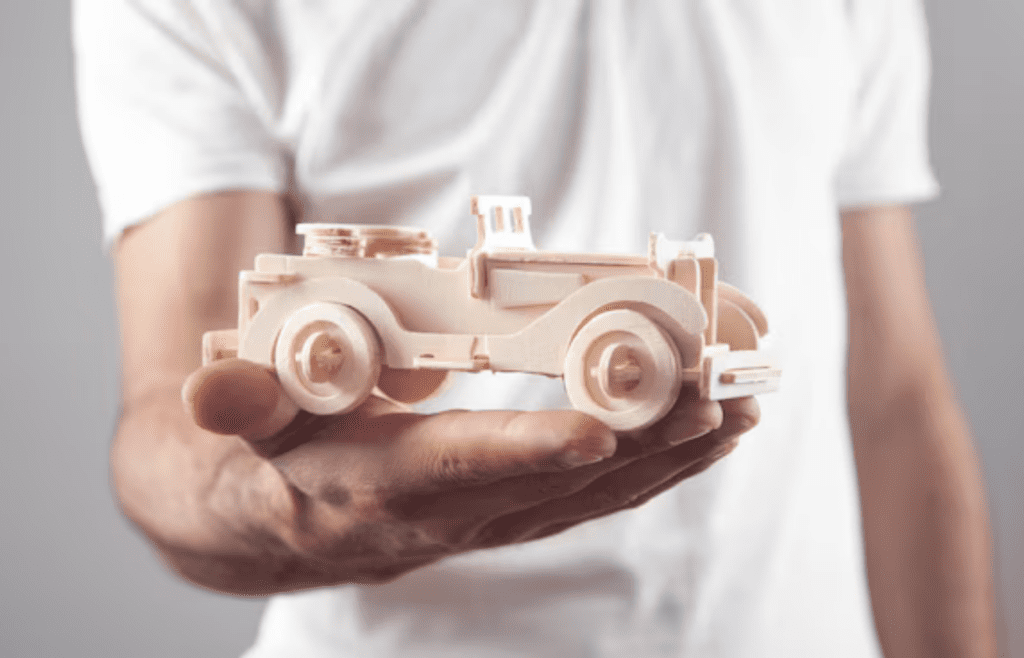We like to believe our purchases are based on logic, but most of the time, emotions are swiping the card. Whether it’s boredom, stress, or that rush of a “deal,” emotional shopping habits can quietly drain your bank account and leave you wondering where your money went.
Here are 10 bad shopping habits that are purely emotional, not rational. Recognizing these patterns is the first step toward breaking them and making smarter choices.
1. Buying Something Just Because It’s on Sale

A deal feels like a win, even when you didn’t plan to buy the item. Remember: 40% off still costs 60% if you didn’t need it.
2. Shopping When You’re Bored or Anxious

Retail therapy gives a quick dopamine hit, but the regret shows up later with the bill. Boredom shopping isn’t a need—it’s an emotional distraction.
3. Buying to Impress Others

Designer bag. Newest phone. Flashy shoes. If your purchase concerns social image—not personal joy or utility—it’s emotional spending, not smart shopping.
4. Justifying Splurges With “I Deserve This”

Everyone deserves nice things, but this phrase often pops up before an impulse buy. Self-care shouldn’t come with credit card interest.
5. Buying Duplicates of Things You Already Own

It feels “safe” to buy what you already like, but how many black hoodies or candles do you need? This habit is more about comfort than logic.
6. Keeping Items Just Because They Were Expensive

This is the sunk-cost fallacy at work. You don’t want to “waste” money by returning or donating it, even though keeping it helps no one.
7. Falling for “Limited Time” Hype

Urgency triggers fear of missing out, not actual need. It’s probably not a rational choice if you’re rushing to buy.
8. Shopping to Feel “In Control”

When life feels chaotic, buying something gives a false sense of order or power. But clutter and debt won’t help you feel more in control tomorrow.
Read More: 10 Signs You’ve Been Emotionally Manipulated Into Buying Something
9. Letting Nostalgia Drive Spending

Throwback items tug at your heart, but your wallet doesn’t care that it reminds you of 1995. Sentiment is fine. Just don’t let it override your budget.
Read More: 10 Signs That Your Partner Is Emotionally Immature
10. Buying Things for Your “Future Self”

We all want to believe we’ll use that bread maker, guitar, or home gym. But if it doesn’t match your current lifestyle, it’s likely wishful thinking, not a wise investment.
Bottom line? Emotional shopping feels good in the moment, but leaves a dent over time. If you pause and ask, “Why am I buying this?” you might save your future self a lot of money and regret.
Read More: Here’s What Self Care Looks Like for Each Zodiac Sign








